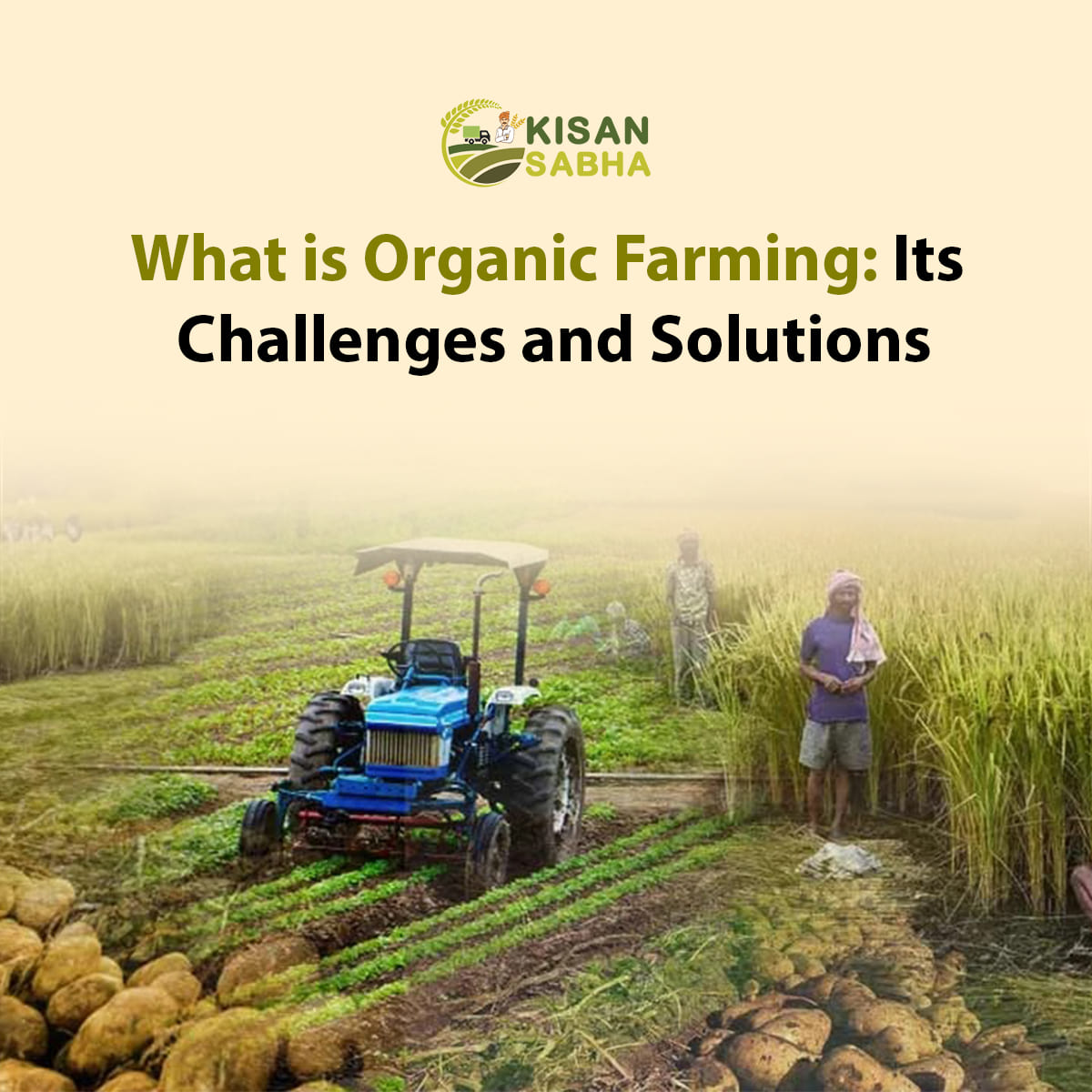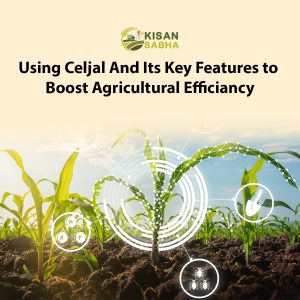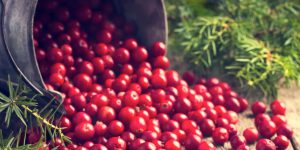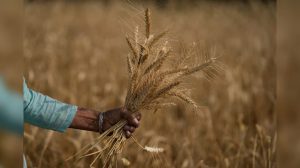Maintaining nutritional value in your food supplies is a current demand so that consumers do not face malnutrition at any cost. While maintaining food security is imperative, farmers tend to use fertilizers. Without a shadow of a doubt, fertilizers are effective in boosting yields. On the contrary, farmland fertility weakens with time. Brainstorm your mind for dealing with eco-friendly farming issues. So, switch from fertilizer farming to organic farming and accept its challenges. By implementing the right solution, you cultivate and harvest a valuable crop well.
Before getting their solutions, take a round tour of the organic farming hurdles. Doing it is obvious for an agriculture owner and a passionate professional, who lives near farming land. If you are not familiar, then you ought to learn effective strategies and implement them in new agriculture ventures. Do not blunder in organic farming so that yields are successful and sustainable.
Low productivity and quality degradation in agriculture professionals encourage them to invest in other farming considerations. Expect good in agriculture through integrating responsible and innovative farming practices. Do not be pessimistic and join the promising endeavor of organic farming for a greener future.
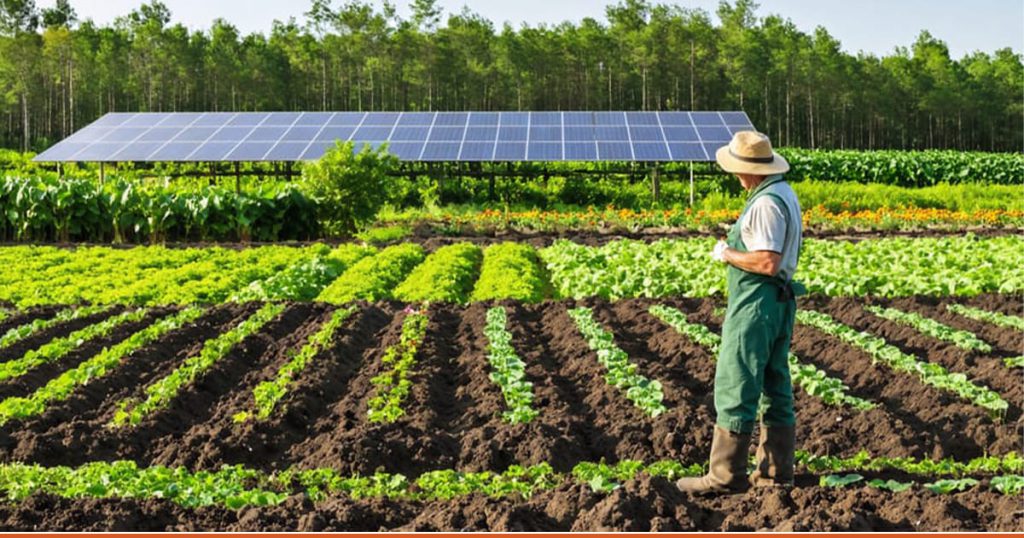
What is Organic Farming?
Sustainable agriculture is possible through organic farming, as dedicated to natural farming and environmental growth. However, it hosts many challenges that can take down the farmer’s confidence. As per geographical condition and mindset, you keep an eye on the details of challenges. Keep on affirmations to better cultivate and enable a strong ecosystem. We have compiled effective solutions that promise outstanding yields to fix challenges at any cost.
Also Read:- What Are the Advantages of Cold Storage in Agricultural Supplies?
Challenges in Organic Farming
Limited farming inputs pose challenges for flourishing crops. By the way, organic farming aligns with quality rather than quantity. But, hydrocarbon-based inputs such as waste leaves and cow dung keep all the nutrients to feed the farmland. So, soil fertility does not compromise due to the right hierarchy.
Weed Management
Since organic farming prohibits chemical fertilizers, weed accumulation, and management are typical. However, by implementing the right practices, farmers can avoid the weed crunch issue. For instance, mulching, cover cropping, and regular weeding are effective for weed control.
Pest and Disease Control
Organic farming does not support synthetic parameters. Using it in a fixed amount disturbs the NPK equilibrium. By using it, the soil would absorb other elements that might not be good for health. Use compost, well-rotted manure. Crop cropping, and crop cycles are good enough to improve fertility and structure.
Crop Rotation and Diversity
Organic farming focuses on biodiversity that minimizes soil degradation. As a result, there is a rare chance of disease pressure. But, it is essential to do crop rotation.
Market Access and Demand
Organic farming procedures require valuable inputs that demand a high price. But, the producer does not find the right price that values their product. So, they need robust marketing and a partnership with local markets. Furthermore, they should enhance curiosity about why they should buy organic items rather than general agriculture practices. So, you must have the best learning experience to buy this product.
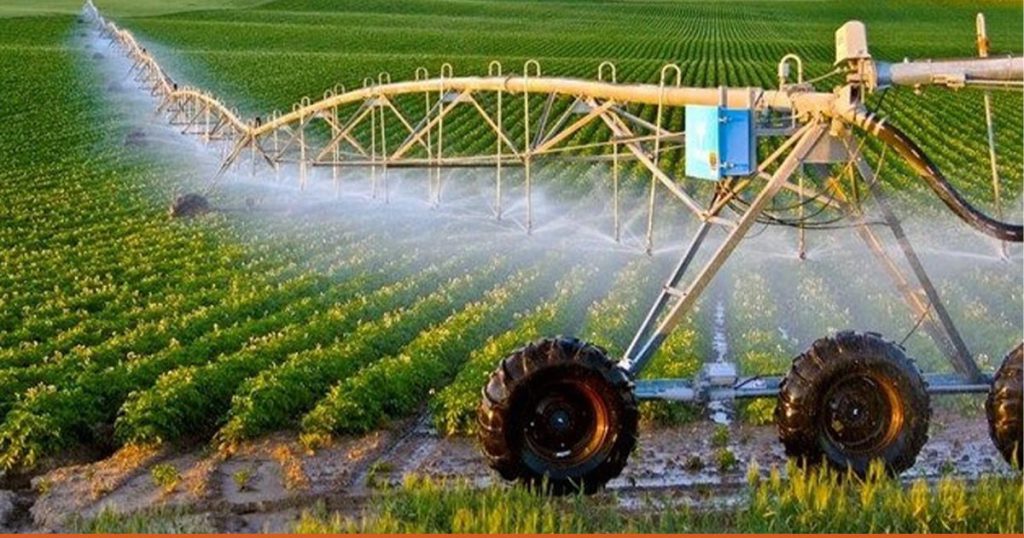
Innovative Solution for Organic Farming Challenges
Be proactive in fulfilling food security. But, you do not use the wrong practices that deteriorate crop quality.
Integrated Pest Management
Never hook with one practice and use integrated pest management tactics such as biological control, cultural practices, and natural predators. The practice is quite helpful to reduce the pest’s impact. But, it maintains ecological balance because the food chain does its supposed natural protection with different levels of consumers and producers.
Regenerative Agriculture Practices
Investing money in agricultural input is not an immediate decision, as an individual goes through multiple key points. So, they never mind adapting regenerative practices like no-till farming, agroforestry, and perennial crops. All of them play an important role in enhancing soil health and long-term sustainability.
Market Exploration
Do not be hopeless and explore all related marketing channels. Explore the valuable marketplace so buyers and producers can hunt more to find their audience. For instance, they reach the farmer’s marketplace, community-supported agriculture, and online agriculture platforms.
Continuous Education and Training
How do you expect valuable crop yields? Insisting on old age practice does not claim to be a sustainable and favorable product. So, training and workshops to learn the new hacks in organic farming are surefire. They do their best in soil health management, sustainable practice, and an empowered farming community.
Conclusion
Organic farming paves the way for a sustainable agricultural future. Do not treat it as simple to grow a valued crop, as it has some hidden challenges. But, it comprises unprecedented benefits over challenges. So, you ought to use the innovative technologies. It means that you adopt regenerative agriculture and take part in a strong farming community connection. After all, organic farmer uses their tactics to combat challenges. But, they pledge to provide a commitment that keeps on sustainable and environmentally friendly practices. It is high time to explore the best-ever plan to do well in agriculture.


